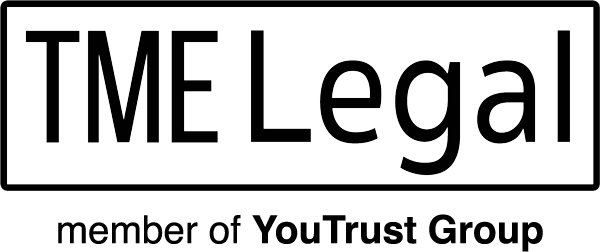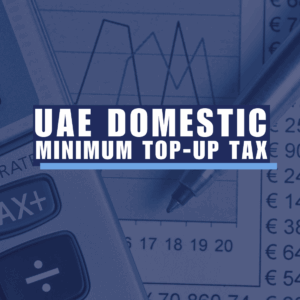Law No. 2 of 2025: Comprehensive reform of the DIFC Courts Law
Law No. (2) of 2025 introduces significant reforms to the Dubai International Financial Centre (DIFC) Courts. This legislation supersedes DIFC Laws No. (10) and No. (12) of 2004, providing a comprehensive framework that addresses both the judicial and administrative facets of the DIFC Courts.
I. Judicial Structure and Jurisdiction
The law reaffirms the DIFC Courts‘ exclusive jurisdiction over civil, commercial, and labor disputes involving entities operating within the DIFC. This encompasses cases related to financial services, ancillary services, and other activities licensed by the Dubai Financial Services Authority (DFSA). By clearly delineating the scope of the DIFC Courts‘ authority, the law aims to enhance judicial efficiency and reduce ambiguities that could lead to jurisdictional conflicts.
II. Establishment of the Mediation Centre
A notable innovation introduced by Law No. (2) of 2025 is the creation of a Mediation Centre within the DIFC Courts. This center is designed to facilitate the amicable resolution of civil, commercial, and labor disputes through mediation, offering an alternative to traditional litigation. The initiative underscores a paradigm shift towards prioritizing reconciliation and consensus, reflecting a human-centric approach to justice that values preserving relationships and achieving mutually satisfactory outcomes.
III. Administrative Reforms and Leadership Roles
The legislation outlines the appointment procedures and responsibilities for key positions within the DIFC Courts, including the Chief Justice and the Director. The Chief Justice is tasked with forming court circuits, proposing draft laws and regulations related to the DIFC Courts, and overseeing judicial functions. The Director manages administrative operations, supervises practitioner registers, and oversees ancillary services. These provisions aim to ensure a robust governance structure that supports the effective functioning of the courts.
IV. Procedural Enhancements
Law No. (2) of 2025 introduces several procedural enhancements to improve the efficiency and accessibility of the DIFC Courts:
- Venue Flexibility: While the primary venue remains within the DIFC, the Chief Justice has the authority to permit certain hearings to be conducted outside the DIFC or through virtual means, facilitating greater flexibility in court proceedings.
- Official Language: English is reaffirmed as the official language of the DIFC Courts, with provisions for interpreters when necessary, ensuring inclusivity for non-English speakers.
- Public Hearings: The default position is that hearings are open to the public, promoting transparency. However, the courts retain discretion to hold private sessions when required by law or deemed appropriate.
- Enforcement and Provisional Measures
The law grants the DIFC Courts enhanced powers to issue provisional measures, such as asset freezes or identity inquiries, even in cases related to external arbitration, provided that protective measures are taken within the DIFC. This authority bolsters the courts‘ ability to protect rights effectively and ensures that remedies are not undermined by procedural delays.
V. Transitional Provisions
Existing regulations and decisions issued under the previous laws remain in effect, provided they do not conflict with the new provisions, until such time as they are replaced or repealed. This approach ensures continuity and stability within the DIFC’s legal framework during the transition to the new law.
VI. Conclusion
Law No. (2) of 2025 represents a transformative step in the evolution of the DIFC Courts, emphasizing mediation, judicial efficiency, and a human-centric approach to dispute resolution. By clearly defining jurisdictional boundaries, establishing mechanisms for amicable settlements, and enhancing procedural flexibility, the law aims to strengthen the DIFC’s position as a leading international financial center with a modern and effective judicial system.



